What Happens When You Finally Face the Numbers You’re Avoiding?
Inspired by negotiation expert Kwame Christian, here’s how to approach the money conversations you’ve been avoiding — starting with the ones in your own head.
We all avoid certain conversations.
Sometimes they’re with clients or partners.
But more often? They’re the quiet, uncomfortable conversations we avoid having with ourselves.
“I don’t know how much I really made last month.”
“I don’t know if I’m actually making a profit.”
“I have no idea how much I can pay myself — or if I even can.”
“I keep meaning to look, but… I don’t.”
This kind of money avoidance is so common — especially for women in business — and not because you’re lazy or “bad with numbers.”
It’s because money carries emotion: fear, shame, confusion, and often the belief that you should already know how to do this.
But as negotiation expert Kwame Christian shared on The Mel Robbins Podcast:
“The best things in life are on the other side of difficult conversations.”
That includes the financial conversations we have with ourselves.
The 4 Questions — Applied to Your Money Life
Kwame offers 4 questions to approach conversations we typically avoid.
As a financial therapist and money mentor, I believe they are incredibly helpful for women entrepreneurs facing financial fog, fear, or avoidance.
1. What will your life look like if you don’t have this conversation?
If you never check your numbers or avoid asking hard questions…
You stay in the dark.
You keep guessing.
You make decisions from fear, not clarity.
2. What will your life look like if you do have the conversation — and it goes poorly?
Maybe you don’t like what you see.
Maybe you’re not making as much as you thought.
Yes, that can be hard — but you now have truth.
And with truth comes the power to shift.
3. What will your life look like if it goes okay?
You might find a few areas for improvement.
You understand your break-even point.
You feel more grounded, just by knowing what’s real.
4. What will your life look like if it goes really well?
You realize you’re doing better than you thought.
You find a way to start paying yourself — or take a real day off.
You stop avoiding your finances, and start building trust with yourself.
A Practice for Facing Your Numbers
If you want to try this now, start by asking:
“What number am I scared to look at?”
Then, apply Principle 1 of Financial Therapy©:
Approach money with abundant compassionate curiosity and zero judgment.
Let that be your guide.
Take a breath.
Pull up the number.
And just observe — without spiraling or criticizing.
This isn’t about perfection. It’s about connection.
The more connected you are to your money, the more clearly you can lead your business forward.
Ready for Deeper Support?
If you’re feeling called to explore this work more deeply — and want a safe space to talk through your numbers, fears, or goals — I offer 1:1 financial therapy and money mentoring sessions.
Together, we’ll gently shift the emotional patterns that keep you stuck and help you move toward clarity, confidence, and peace with your finances.
Credit
The 4-question framework shared in this post was created by negotiation expert Kwame Christian, as featured on Episode 291 of The Mel Robbins Podcast. I’m grateful for the clarity and accessibility of this approach, and for the opportunity to reflect on how it applies to the internal conversations we often avoid around money.


